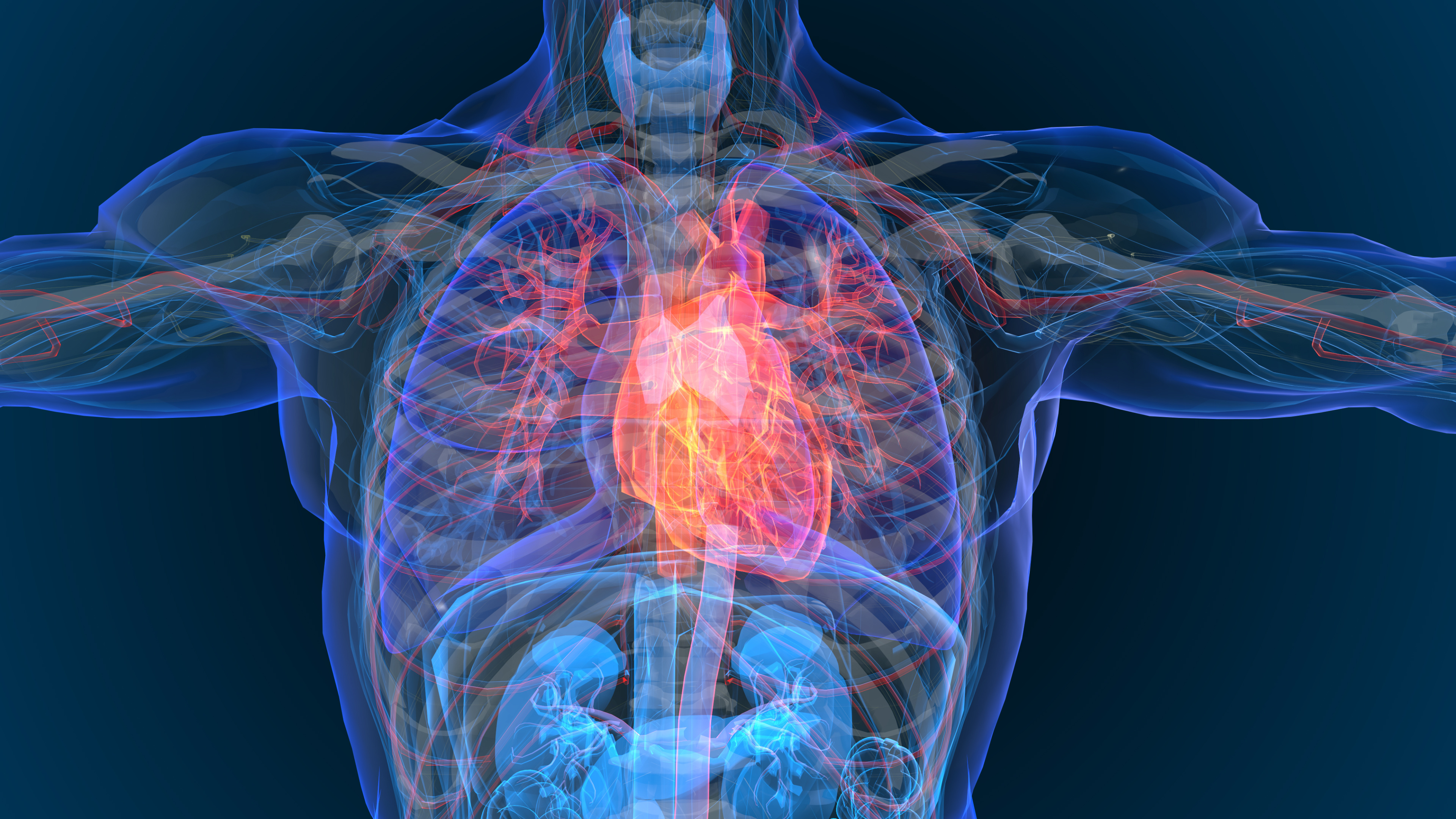by: Ralph Hernandez
Medical terminology can often be very confusing, especially if you do not work in the health care field.
So, what exactly is cardiovascular disease?
Cardiovascular disease is another term for heart disease. “Cardio” means heart, and “Vascular” has to do with blood vessels. Both term include disorders or diseases of the heart and/or blood vessels within the body.
Sometimes stroke (Cerebrovascular incident) is included in the cardiovascular disease category, but a stroke is something that affects the blood vessels in the brain, not the heart.
What are the causes of cardiovascular disease?
Cardiovascular disease can occur from several different conditions including:
Congenital abnormalities
Infection of the heart or its lining
Inflammation of blood vessels
Abnormal heart rhythms (known as an arrhythmia).
What are the likely health consequences of heart disease?
It can result in high blood pressure, angina and heart attacks, heart failure, or atrial fibrillation (the atria of the heart quivers and does not effectively pump blood to the ventricles of the heart).
What are the risks for cardiovascular disease?
There are modifiable risk factors, which are those that you can control. Conversely, non-modifiable risk factors include those you do not have control over.
The following are non-modifiable risk factors:
Advancing age
The risk of having cardiovascular disease increases as you get older. Just as other parts of your body age, so does your heart.
Gender
Men are at increased risk of heart disease when compared to pre-menopausal women. However, when women undergo menopause, the risks of heart disease become equal for both sexes.
Genetics and family history
If you have a relative with history of heart disease or stroke before the age of fifty-five, your risk of cardiovascular disease is also higher. In the case of women, this risk is there if a female relative has experienced heart disease or stroke before 65.
Ethnicity and race
African and Mexican Americans are at higher risk for heart disease.
The following are modifiable risk factors:
Whether you have heart disease or not, there are things you can do to control or prevent it.
Diet
Exercise
Quit smoking
Decreased alcohol consumption
The most important thing to do when it comes to preventing or controlling heart disease, is to recognize the risk factors and start acting immediately. If you do not know where to start, the first thing you should do is visit your doctor. Your doctor can monitor your health, blood pressure, cholesterol, and overall heart health. Then there are other health professionals that can help you get started on an exercise program that is safe for your age and current health, and who can give you further advice on food choices.
In summary, cardiovascular disease is the same thing as heart disease. There may be several different reasons why people may have heart disease, but there are still ways this disease can be prevented or controlled.

